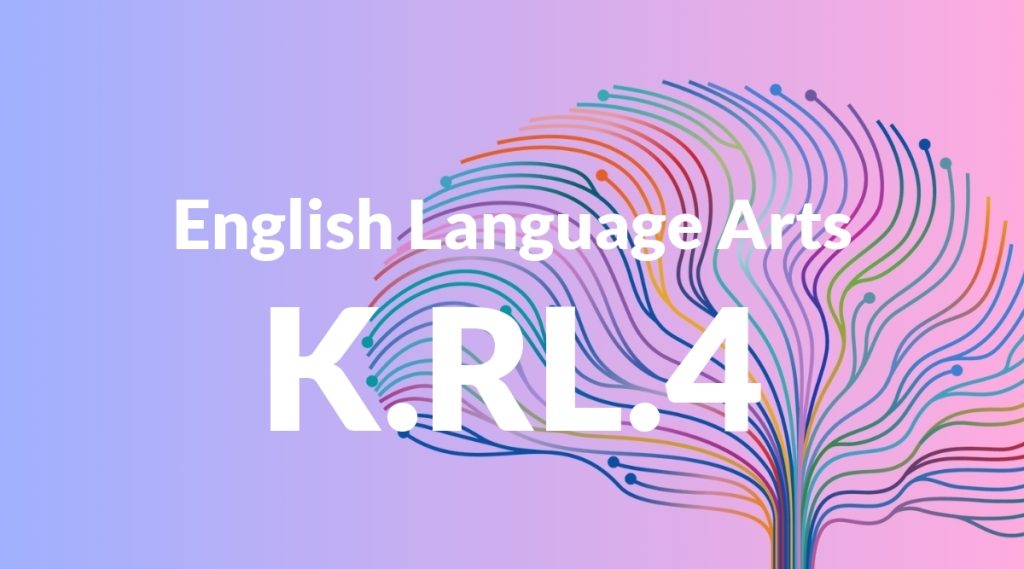Standard: K.RL.4 – Ask and answer questions about unknown words in a text.
Grade level: Kindergarten
Subject: English Language Arts
Domain: Reading: Literature
Teacher Overview
This standard focuses on developing students’ ability to ask questions about unknown words in a text and seek answers. This skill is fundamental for building vocabulary and improving reading comprehension. By mastering this standard, students will become more confident readers and better equipped to understand and enjoy literature. Students should have basic listening skills and the ability to recognize and understand simple words in spoken language. They should also be familiar with the concept of asking questions to gain information.
After mastering this standard, students will be able to use context clues and other strategies to determine the meaning of unknown words independently. They will also enhance their vocabulary and comprehension skills, which are crucial for more advanced reading and writing tasks.
Common Misconception 1
Some students may believe that they should already know every word in a text. This misconception can lead to frustration and reluctance to ask questions about unfamiliar words.
Intervention 1
Create a classroom culture that celebrates curiosity and learning. Use think-aloud strategies during read-aloud sessions to model how to ask about unknown words. Praise students for asking questions and provide clear, supportive answers.
Common Misconception 2
Another common misconception is that students might think they can guess the meaning of a word without any context. This can result in incorrect interpretations and misunderstandings.
Intervention 2
Teach students to use context clues by looking at the words and pictures around the unknown word. Engage in activities that practice this skill, such as reading sentences with missing words and discussing possible meanings based on the context.
Prerequisite Knowledge
Students should have basic listening skills and the ability to recognize and understand simple words in spoken language. They should also be familiar with the concept of asking questions to gain information.
Subsequent Knowledge
Students will develop the ability to use context clues and other strategies to determine the meaning of unknown words independently. They will also enhance their vocabulary and comprehension skills, which are crucial for more advanced reading and writing tasks.
Instructional Activities
- Read a storybook aloud and pause to discuss unknown words, encouraging students to ask questions.
- Create a ‘word wall’ with new vocabulary words and their meanings, adding to it as new words are encountered.
- Use picture books and ask students to infer the meaning of unknown words based on the illustrations and context.
- Play a game where students guess the meaning of a word based on a sentence, then check their guesses with the actual meaning.




